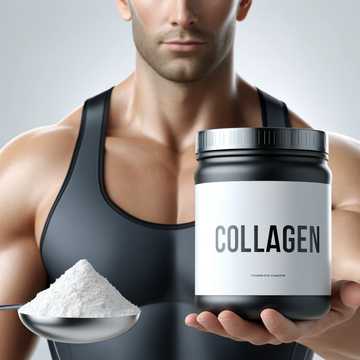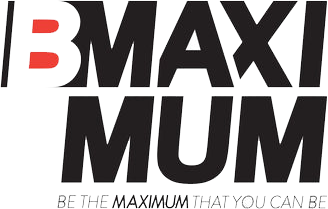 Collagen has become a buzzword in the world of health and beauty, with promises of youthful skin, strong joints, and vibrant hair. Additionally, its benefits extend into the realm of fitness, where it is touted for enhancing muscle recovery and overall athletic performance. However, along with its rising popularity, several myths have also emerged, creating confusion about its true capabilities and uses. In this article, we’ll debunk the top six myths about collagen to help you make informed decisions and fully understand its potential benefits for both beauty and fitness.
Collagen has become a buzzword in the world of health and beauty, with promises of youthful skin, strong joints, and vibrant hair. Additionally, its benefits extend into the realm of fitness, where it is touted for enhancing muscle recovery and overall athletic performance. However, along with its rising popularity, several myths have also emerged, creating confusion about its true capabilities and uses. In this article, we’ll debunk the top six myths about collagen to help you make informed decisions and fully understand its potential benefits for both beauty and fitness.
Myth 1: Collagen Supplements Work Like Magic
One of the most common myths is that taking collagen supplements will instantly transform your skin, hair, and nails. While collagen can support these areas, expecting overnight miracles is unrealistic. Collagen supplements can contribute to overall skin elasticity and hydration, but results vary depending on factors such as age, diet, and overall health. It’s important to combine collagen supplements with a healthy lifestyle for the best results.
Myth 2: All Collagen is the Same
Another misconception is that all collagen products are created equal. In reality, collagen comes in various types and sources. The most common types are Type I, II, and III, each serving different functions. Type I and III are primarily found in the skin, hair, and nails, while Type II is crucial for joint health. Additionally, collagen can be sourced from animals like cows, chickens, and fish, each with varying benefits. Hydrolyzed collagen, which is broken down into smaller peptides for better absorption, and liquid collagen, known for its convenience and faster absorption, are two popular forms available. When choosing a collagen supplement, it’s essential to select one that aligns with your specific needs.
Myth 3: Collagen is Only Older People
Many people believe collagen supplements are only beneficial for older adults. While it’s true that collagen production decreases with age, leading to wrinkles and joint issues, younger individuals can also benefit from collagen. Active individuals who engage in high-impact sports or those looking to maintain their skin’s youthful appearance can also see positive effects from collagen supplementation. Preventative use can help maintain collagen levels and support overall health.
Myth 4: You Can Get Enough Collagen from Your Diet
While it’s possible to obtain collagen from dietary sources such as bone broth, fish, and chicken skin, it can be challenging to consume enough to see significant benefits. Modern diets often lack the necessary quantities of these collagen-rich foods. Supplements provide a convenient and concentrated source of collagen that can easily be incorporated into your daily routine. Additionally, hydrolyzed collagen in supplements is more easily absorbed by the body compared to collagen from whole foods.
Myth 5: Collagen is Only for Hair, Skin, and Nails
A common misconception is that collagen's benefits are limited to hair, skin, and nails. While collagen is indeed beneficial for these areas, its advantages extend far beyond. Collagen plays a crucial role in maintaining the health of bones and joints, which is particularly important for athletes and active individuals. It can help reduce joint pain, improve joint mobility, and support overall bone health. Collagen's benefits for muscle recovery and tissue repair also make it a valuable supplement for those focused on fitness.
Myth 6: Collagen is Just a Trend
Some skeptics view collagen as just another fleeting health trend. However, collagen is one of the most abundant proteins in the human body, crucial for maintaining the structure and integrity of skin, bones, tendons, and ligaments. Scientific studies have supported its benefits, particularly in improving skin elasticity, reducing joint pain, and promoting healthy hair and nails. Collagen’s importance to overall health and wellness suggests it’s here to stay.
Conclusion
Collagen is a vital protein with numerous health benefits, but it’s essential to navigate through the myths to understand its true potential. While collagen supplements can support skin, joint, and hair health, they should be viewed as part of a holistic approach to wellness. Choose the right type of collagen for your needs, combine it with a balanced diet and healthy lifestyle, and manage your expectations to enjoy the best results.







